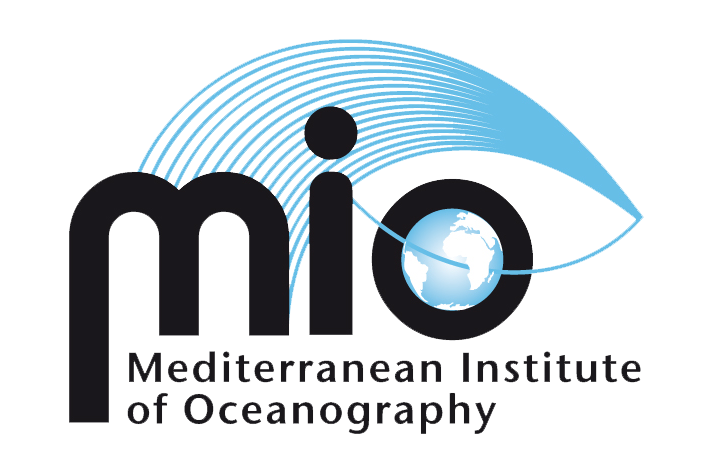Launching meeting of the ANR JCJC CONTAMPUMP (Plankton: biological pump of contaminants in marine ecosystems?)
The CONTAMPUMP project proposed by a young team of M.I.O. researchers aims to understand the biological mechanisms of metallic and organic chemical contamination at the base of marine food webs in pelagic and benthic plankton and planktonophagus. Contaminants have been selected from the priority substances of the WFD and HMCS lists: metallic trace elements, Hg, MMHg, PAHs, PCBs, pesticides. The project is organized into four thematic tasks: temporal WP1 (temporal monitoring for 18 months in the urbanized Marseille bay (SOLEMIO station of the RNO SOMLIT network)); Spatial WP2 (North-South spatial monitoring in the Western Mediterranean targeting areas of scientific and economic interest, in connection with the Seahorse campaign) and modelling WP3 (modelling of contaminant transfer in the Gulf of Lion ecosystem, from plankton to consumed resources, using the EwE Ecotracer module with a new development software for the analysis of several contaminants), and WP4 project management.
The objectives of the CONTAMPUMP project are to answer the following questions:
- Does the size of the organisms influence the level of contamination (bioaccumulation or biodilution)?
- How does the trophic level influence the transfer of contaminants in the planktonic food web (biomagnification or biodiminution)?
- Does food selection influence contaminant levels in various plankton species?
- What is the temporal variation in contaminant concentrations in relation to plankton composition and potential contaminant sources (rivers, urban areas, DWTPs, ports, industries)?
- Are the patterns of plankton contamination different between the contrasting areas? (VI) how is the transfer of contaminants from plankton to fisheries resources occurring (trophic modelling)?
The size and variability of the composition of selected biological targets requires the development of new approaches to sampling and measurement methods and close transdisciplinary work. Complementary skills in chemistry, biochemistry, biology and ecology of the young team will generate links and scientific dynamics within the M.I.O. and allow to answer these questions of major interest for the sustainable management of Mediterranean ecosystems.

